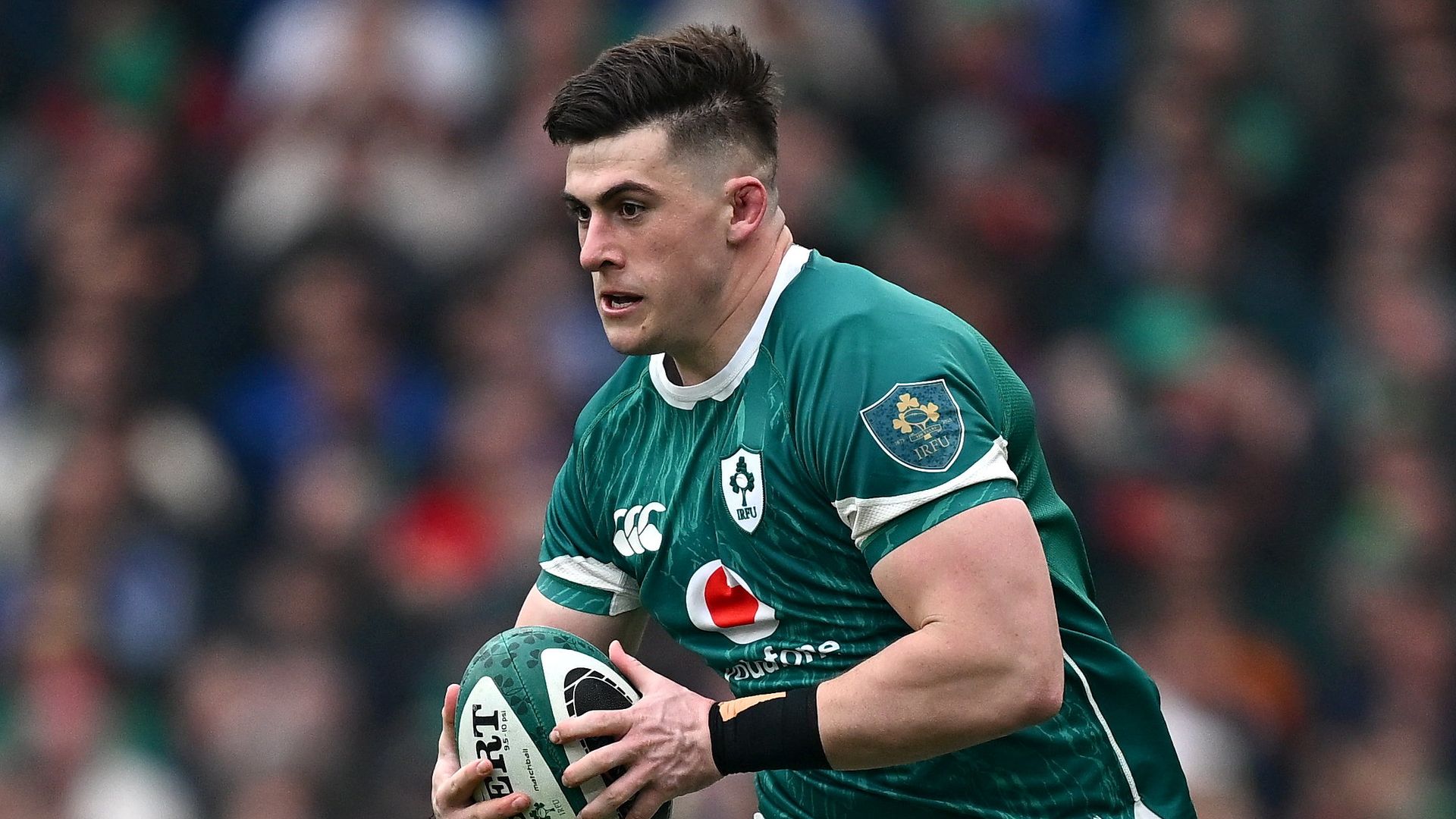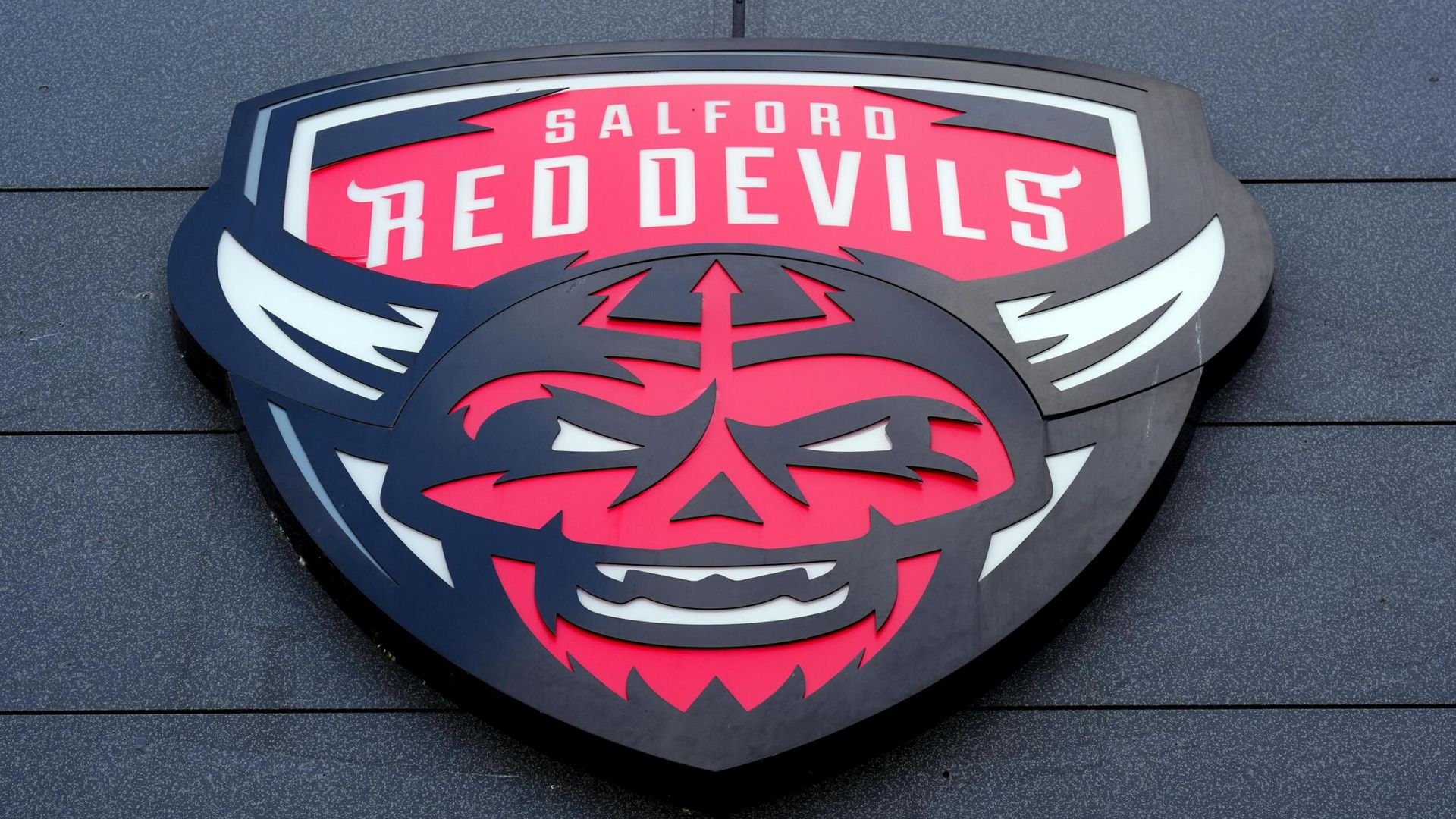Ireland Prepares for a Battle of Epic Proportions Against New Zealand: A Clash of Titans that Echoes Historical Divisions and National Identities
As Ireland gears up to take on New Zealand in a highly anticipated rugby clash in Chicago, the stage is set for a confrontation that transcends mere sport. This matchup is not just about two teams facing off; it represents deeper themes of national pride, historical rivalry, and the contentious spirit of competition that often transcends the playing field.
Ireland, a nation with a rich rugby heritage, has been steadily climbing the ranks in international rugby since the mid-20th century. The team, known for its grit and determination, has made significant strides over the years. Their ambition is palpable, especially as they approach this high-stakes encounter with the All Blacks. The Irish supporters bring an unmatched fervor to the stadium, embodying the spirit of their nation, which has often faced adversities both on and off the field.
Conversely, New Zealand’s All Blacks are not just a rugby team; they are a symbol of excellence and dominance in the sport. With a history steeped in success, their performance has often been likened to mythological narratives, casting them as the modern-day gladiators of rugby. Their haka, a traditional Māori challenge, is not merely a pre-match ritual but a declaration of intent. It resonates with the deep cultural roots of New Zealand, reflecting a unique identity that has been forged through centuries of history.
The historical significance of this match cannot be overstated, as it evokes notions of power, legacy, and national identity. The All Blacks have long been perceived as the benchmark in rugby, often symbolizing an imperial dominance over the game. For Ireland, the opportunity to claim victory against such a storied adversary is laced with the weight of history. The Irish have endured a legacy of struggle, both in sport and their cultural narrative, seeking to carve out a place for themselves on the world stage.
The rivalry between the two nations can be traced back to their early encounters, where the stakes were not only about victory but about asserting national pride. Each match has been a battleground for narratives that reflect broader societal themes—colonial legacies, national resilience, and the quest for vindication. This clash in Chicago is particularly charged, set against the backdrop of a city that has seen its own waves of immigration and cultural synthesis, echoing the diversity that both nations embody.
As fans from both sides converge in Chicago, the atmosphere is bound to be electric. Irish supporters will carry their traditional songs and chants, celebrating their heritage and fostering a sense of unity as they rally behind their team. Conversely, the New Zealand fans will bring their own cultural expressions, adding layers of complexity to the event. This strong display of support from both sides underscores how sport can evoke deep-seated emotions, a phenomenon that is often seen as a microcosm of larger societal dynamics.
The narrative around this game is fueled by the media frenzy, with pundits and fans alike passionately debating strategies and outcomes in the lead-up to the match. The conversation is polarized, with voices on both sides advocating for their team with fervor. This polarization is reminiscent of political divides, where allegiances to teams often mirror broader social ideologies. The fervent nationalism expressed in sport serves as an outlet for identity, pride, and sometimes, rivalry.
Beyond the fans, the players themselves are aware of the historical significance tied to this match. For many, it offers a chance to etch their names into the annals of rugby history. The personal stories of athletes becoming legends are woven into the fabric of the sport, with the legacies of past players looming large. Each tackle, each try, and each moment of brilliance on the field contributes to a narrative that will be shared for generations to come.
The implications of this match extend beyond the 80 minutes of play. The outcome will resonate within the communities that passionately support these teams, influencing how future generations perceive rugby and their national identities. A win for Ireland could invigorate a sense of hope and possibility, symbolizing a break from historical disappointments. For New Zealand, maintaining their dominance is about more than just trophies; it is about preserving a legacy that has defined a nation.
This match in Chicago is poised to be more than just another rugby game; it will be a representation of two nations, each with its own rich tapestry of history, culture, and emotion. As the players take to the field, they will carry with them the hopes and dreams of their compatriots—a testament to the power of sport to unite, divide, and inspire. With all eyes on this monumental clash, the narrative is sure to unfold in ways that will echo long after the final whistle has blown.




